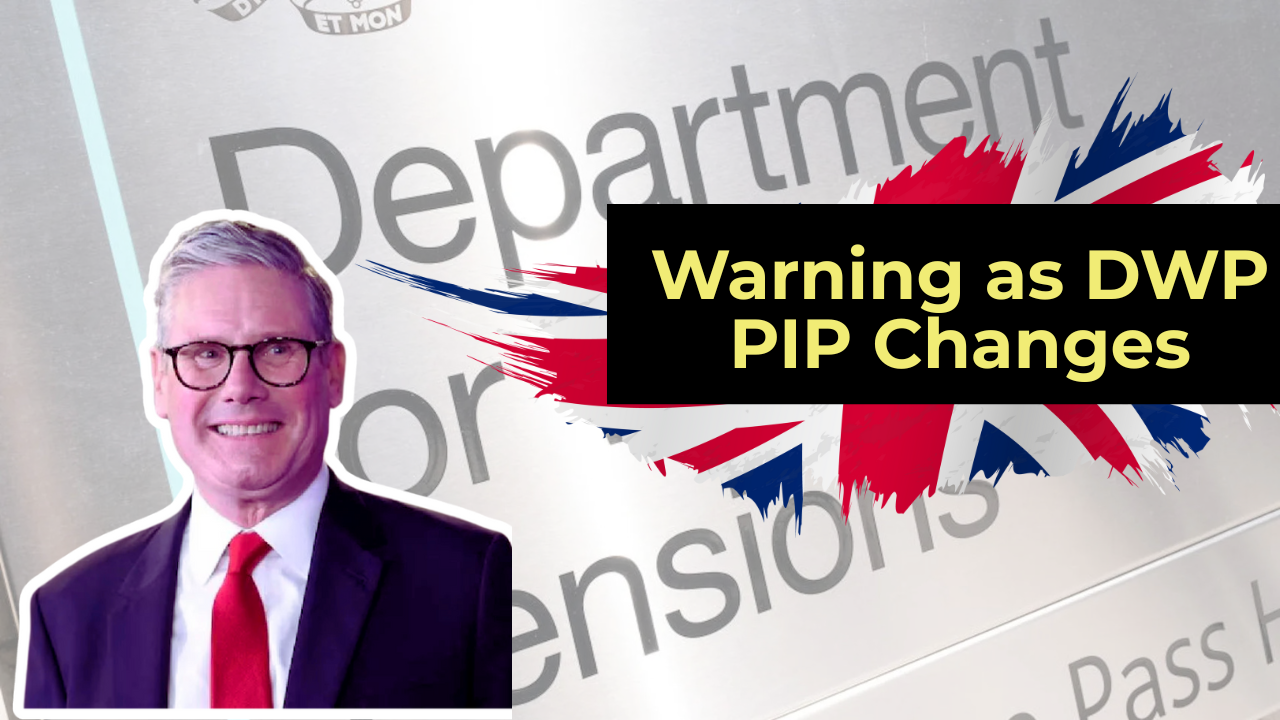Government plans shake-up of disability benefit support
Thousands of people receiving Personal Independence Payment (PIP) could stand to lose up to £12,000 under proposed changes to the benefit system announced by the Department for Work and Pensions (DWP).
The government is considering a major overhaul of the PIP system, with consultations expected to begin soon. The new proposals aim to alter both how disability support is delivered and who qualifies for financial assistance, sparking widespread concern among claimants and disability advocates.
What is PIP?
Personal Independence Payment is a benefit designed to help adults with extra living costs if they have a long-term physical or mental health condition or disability. It replaces the older Disability Living Allowance (DLA) and supports people who struggle with daily tasks or mobility due to their condition.
PIP is split into two components: daily living and mobility, each of which can be paid at a standard or enhanced rate. As of 2024, the enhanced rate of both components could amount to over £8,983 per year, depending on eligibility. Over a five-year period, someone receiving both enhanced rates could receive more than £44,000 in support.
What changes are being proposed?
The DWP says the current system is “too focused on functional impacts,” especially for people whose conditions are not visible or fluctuate. The government is now exploring several alternative models, including:
- Replacing cash payments with vouchers or access to services
- Tightening eligibility criteria to reduce the number of claimants
- Focusing more on “severe and permanent” disabilities
- Making PIP more like employment-based insurance schemes
In particular, mental health claimants are under scrutiny, with ministers arguing that many people with anxiety or depression are receiving support without clear evidence of a long-term disability.
Potential financial impact on claimants
According to campaigners and benefit specialists, individuals currently on enhanced rates of PIP could stand to lose up to £12,000 over a five-year period if they no longer qualify under new rules.
That figure reflects the value of the benefit that might be withdrawn if someone loses eligibility for either the daily living or mobility component or both.
For example, someone on the enhanced rate for both components currently receives £172.75 per week, equivalent to £8,983 per year. Losing just one component could mean missing out on more than £4,000 annually.
Who could be affected?
Claimants most likely to be affected include:
- People with mental health conditions such as anxiety, depression, PTSD, or ADHD
- Those whose conditions are intermittent or less visible
- Individuals not receiving ongoing specialist treatment
- Young people who developed conditions during the pandemic
The government has suggested that benefits could instead be targeted more directly at those with permanent and severe disabilities—a move critics say could leave hundreds of thousands of vulnerable people without support.
Public reaction and expert warnings
Disability charities and mental health organisations have voiced deep concern over the proposed changes. They argue the plans could push many people into poverty and make it harder for those with “hidden disabilities” to live independently.
James Taylor, Director of Strategy at disability charity Scope, called the changes “a full-frontal attack on disabled people’s lives.” He warned that reducing support could increase pressure on already strained NHS and social care services.
Experts have also noted that assessing disability purely on visible or physical limitations fails to account for the day-to-day struggles faced by people with chronic mental health conditions.
What the government says
The DWP insists that the consultation is about making the system “fairer and more sustainable” and adapting to the increasing number of claimants.
Ministers argue that the number of people claiming PIP has grown significantly—particularly among those citing mental health conditions. They claim some applicants are receiving benefits without long-term evidence of disability or medical treatment, leading to unsustainable costs.
A spokesperson for the DWP said:
“We want to ensure that our welfare system is supporting those who need it most. These proposals are about targeting resources in a way that’s fair, efficient, and sustainable for the future.”
What can claimants do?
The changes are currently at the consultation stage, meaning nothing has been finalized yet. However, those currently receiving PIP or considering applying should:
- Stay up to date with announcements from the DWP
- Ensure they have current medical evidence or documentation
- Seek guidance from benefit advisors or disability charities
- Participate in the consultation process when it opens
Claimants are advised not to panic, as any changes will likely take months, if not years, to implement fully.
Conclusion
The proposed overhaul of PIP could have profound consequences for thousands of vulnerable people across the UK. With up to £12,000 at stake over five years, many face the risk of losing critical financial support.
As the government moves ahead with its consultation, the debate over how best to support disabled people especially those with mental health conditions—is likely to intensify.





